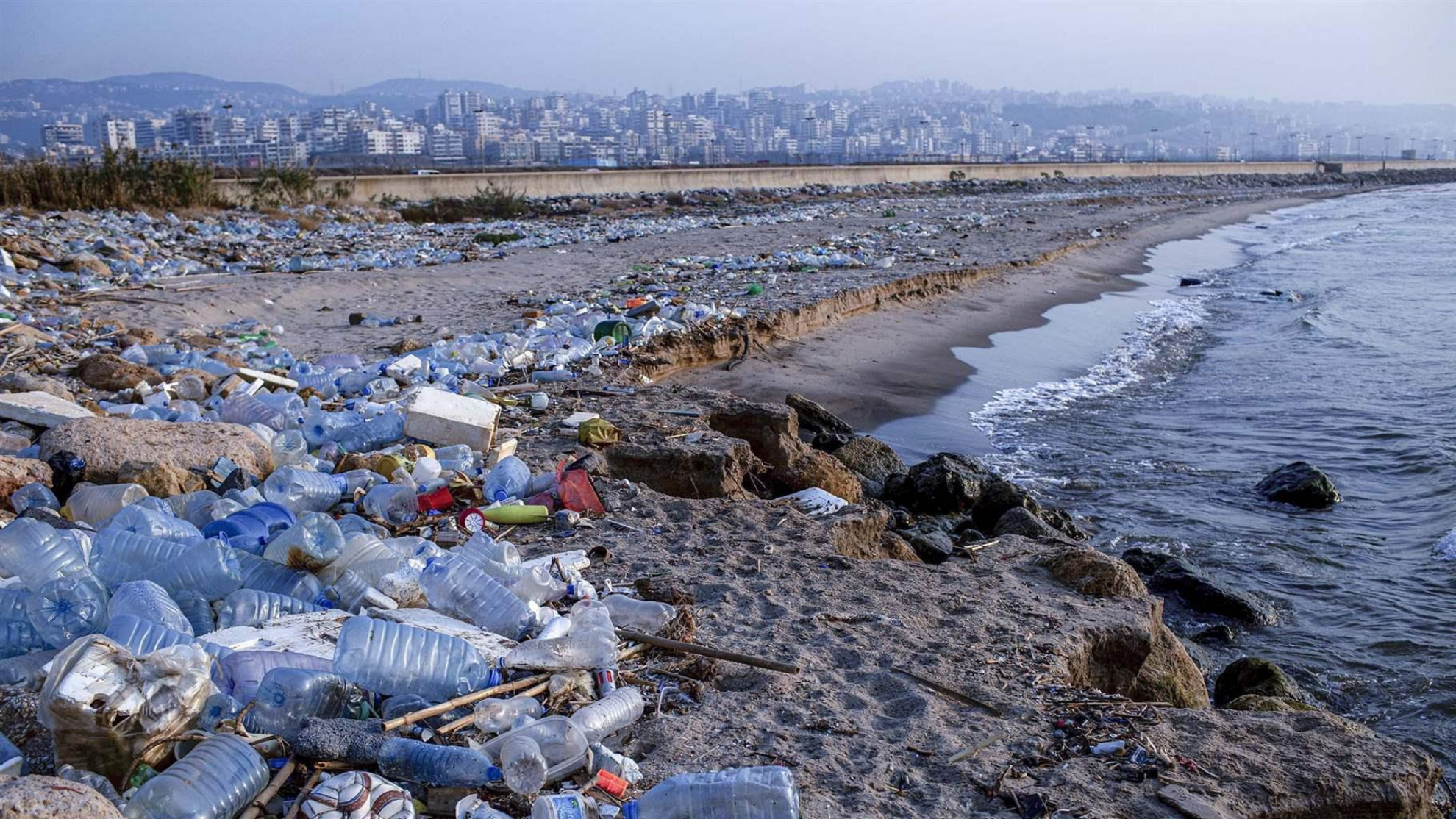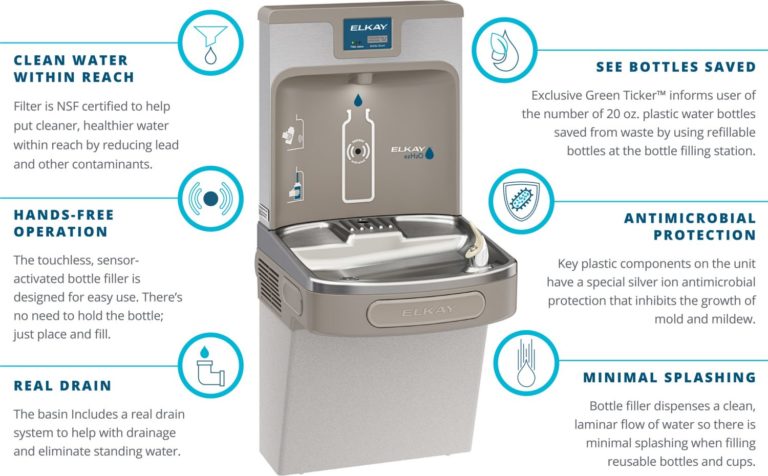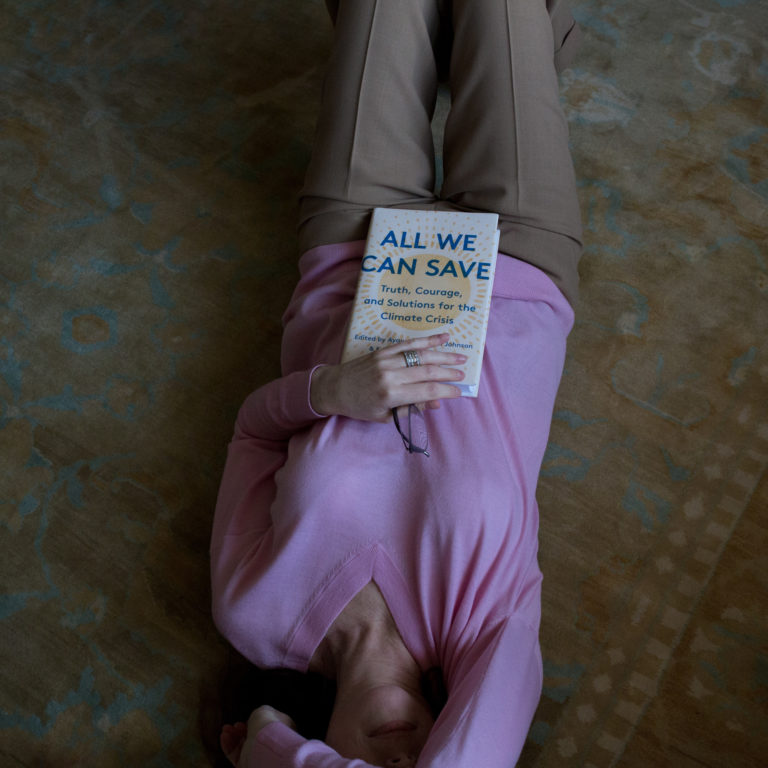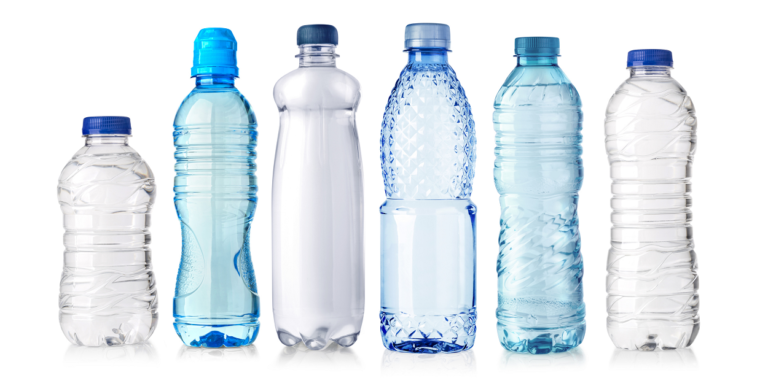If it feels like the world is drowning in single-use plastic that’s because it is. Every year 8-12 million metric tons of plastic enter the ocean. Without sustained and scaled-up action, plastic pollution in oceans will triple in 20 years.
In 2019 the production and incineration of plastic produced more than 850 million metric tons of greenhouse gasses. Put in perspective that is equivalent to emissions from 189 five-hundred-megawatt coal-fired power plants. It disproportionately harms communities of colour and indigenous people, destroys the environment and tortures wildlife. Plastic pollution is now so ubiquitous, it can literally be found inside us all.
Of course not all plastic is bad and we do need certain things to be made from plastic. However, the staggering overproduction of plastic and plastic waste on the planet means we simply cannot recycle our way out of it. Who knows, if we don’t stop making plastic with blistering abandon we may have to literally abandon Earth… like the people in WALL-E.
JOIN THE FIGHT AGAINST SINGLE-USE PLASTIC
How can ordinary citizens join the fight against unnecessary plastic? A good place to start is to refuse single-use plastic as often as possible. This is certainly a challenge so don’t beat yourself up about it. Just start by choosing the non-plastic packaging when you can and say goodbye to plastic water bottles. I made this pdf of simple swaps that I’ll add to as I remember more. Sometimes obvious things are forgotten, this is just a little prompt if you need it. Also, hands up who loves to strike through a list?
Believe it or not, an alternative to every single-use plastic item already exists. In fact, before plastic was aggressively pushed on us by fossil fuel companies, most food and produce was wrapped in biodegradable materials like banana leaves or paper. Shockingly in many cases, extra bits of plastic have been added to packaging for no discernable reason. What’s more, plastic packaging replaced materials that are less deleterious to recycle such as glass, aluminium and carton board.
Although it’s important to note that the US only recycles 33% of waste glass whereas European countries recycle 90%. Aluminium, on the other hand, is a valuable commodity in America at $1,317 per ton. Unsurprisingly, Americans recycle around 50 per cent of their aluminium. And what of paper? Well, it’s estimated that 80% of post-consumer paper products are recycled, making it one of the most recycled materials on Earth. When managed responsibly, recycled paper products are less harmful to the environment and have a comparatively low footprint. Never the less there is no one solution to replace plastic. It will take a multipronged approach but we’re on the right track.
Designers have gone further with organic materials to replace plastic packaging and short life plastic items. Common products can be made from materials that are reusable, biodegradable, compostable or infinitely recyclable. In terms of packaging, in particular, we should go naked wherever possible. Choose package-free products like solid shampoo and soap. This all sounds pretty great, right? So why is plastic production on the rise?
One word – MONEY.
Almost all the major brands sold in supermarkets are owned by just 100 big corporations and they put profit above people and the planet. These brands spend billions on greenwashing consumers and fixing legislation in their favour. What’s more, they take no responsibility for their products end of life. This last part is important and as such is addressed in the European Green Deal.
Perhaps it won’t surprise you to learn that the companies making plastic are the ones behind oil and gas. As the world economy divests from fossil fuel energy, companies like BP, SHELL, EXXON, CHEVRON and TOTAL have swiftly pulled focus on plastic production. Now, what would happen to this bountiful revenue stream if consumers spoke out and refused plastic?
Despite the power of citizens to drive government regulation, the problem of plastic waste can feel overwhelming for us ordinary folk. Don’t despair, there are a number of organizations you can join to push for systemic changes.
BREAK FREE FROM PLASTIC
Break Free From Plastic is a global movement of over 11,000 organizations and individuals. There’s a comprehensive toolkit for various civic actions on its website. This movement is fighting for a world free of toxic by-products of plastic pollution. It believes environmental justice, social justice, public health, and human rights lead to government policy, not the demands of corporations. So with the help of 14,734 volunteers Break Free From Plastic conducted 575 brand audits across 55 countries to find out exactly where the plastic waste originated. Watch the audit for some mind-blowing facts and see who is really to blame.
THE TOP 10 PLASTIC POLLUTERS
- Cocacola has revealed for the first time it produces 3m tonnes of plastic packaging a year – equivalent to 200,000 bottles a minute. Fuck.
- Pepsico produces 2,300,000 metric tons of plastic annually
- Nestle produces 1,700,000 metric tons of plastic annually
- Unilever produces 700,000 metric tons of plastic annually
- Mondelez (I couldn’t find stat on this)
- Mars produces 184,000 metric tons of plastic annually
- Procter and Gamble produces 714,000 metric tons of plastic annually
- Philip Morris (I couldn’t find stat on this)
- Colgate Palmolive produces 287,008 metric tons of plastic annually
- Perfetti van Melle (no stat on this)
KNOWN FACTS ABOUT PLASTIC POLLUTION
- Every year 13 billion plastic tampon applicators are thrown away in the UK
- BP coined the term personal carbon footprint as a pr campaign to shift the blame of the climate crisis away from them and onto citizens
- 100 corporations cause 71% of global emissions
- Common synthetic fibres, polyester, nylon and acrylic are made from petrochemicals which means they’re essentially plastic
- 91% of plastics ever produced are NOT recycled
- Every year 500 billion plastic bottles are used globally
- 1 million single-use plastic bottles are sold across the globe every minute
- Each of us consumes the equivalent amount of one credit-card of plastic a week and at least 74,000 microplastic particles every year.

BLACK PLASTIC BE GONE!
At least for the time being certain plastic is necessary. However, plastic that leaches toxins is never OK. Black plastic is insidious, it can’t be recycled and is quietly damaging our health. Items such as utensils used for cooking contain harmful substances named oligomers. These synthetic chemicals are used to make them durable enough to withstand boiling temperatures and remain grease-proof. However, they become highly toxic and leach at temperatures above 70°C (158°F).
Think about the various items made from black plastic – hot cup lids, stirrers, take out containers, spatulas, ladles and spaghetti spoons.
Scientific studies have shown these chemicals increase tumours in the liver, pancreas and testicles of mice, as well as reducing their fertility. There’s mounting evidence that the chemicals may trigger liver and thyroid disease in humans. They have also been linked to infertility, cancer and high cholesterol.
LOOKING BEYOND PLASTIC
Beyond Plastics is an incredible non-profit organisation dedicated to fixing the plastic crisis. I subscribed to its excellent newsletter some time ago and highly recommend it. This is another way you can join the movement to remove single-use plastic. Beyond Plastics provide letter templates, petitions and actionable tools we can all use to push our lawmakers and change policy. There’s a ton of information on the website if you need facts to share on your social media. The more people who get behind this movement the faster we’ll be rid of the junk.

*My swimsuit by Indigo Luna is made from recycled plastic water bottles. Read more about that in my post 3 Rules for a Sustainable Closet
Sources: Break Free From Plastic | Beyond Plastics.org | PEW Report on impact of ocean plastic | The Action Network letter to congress | Plastic pollution stimulus bill | Aluminum.org,











Comments ( 0 )